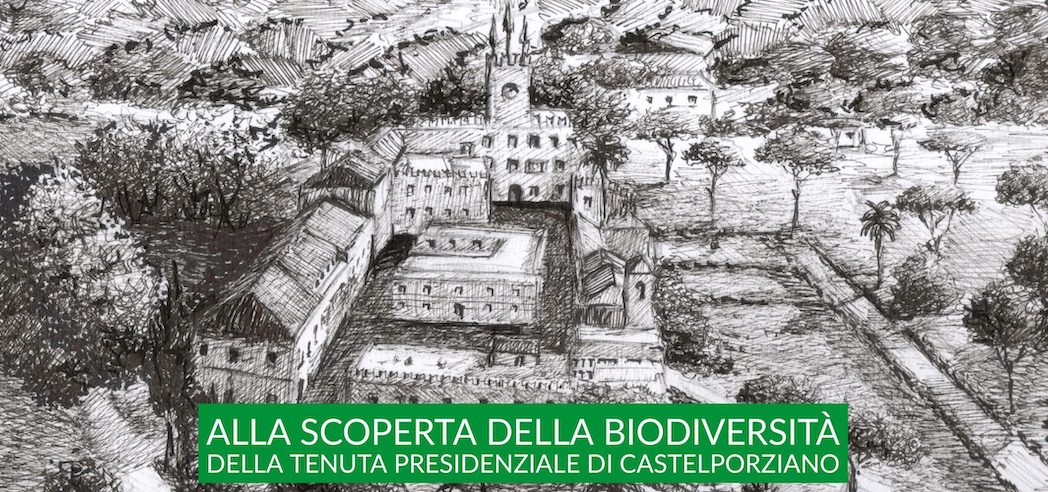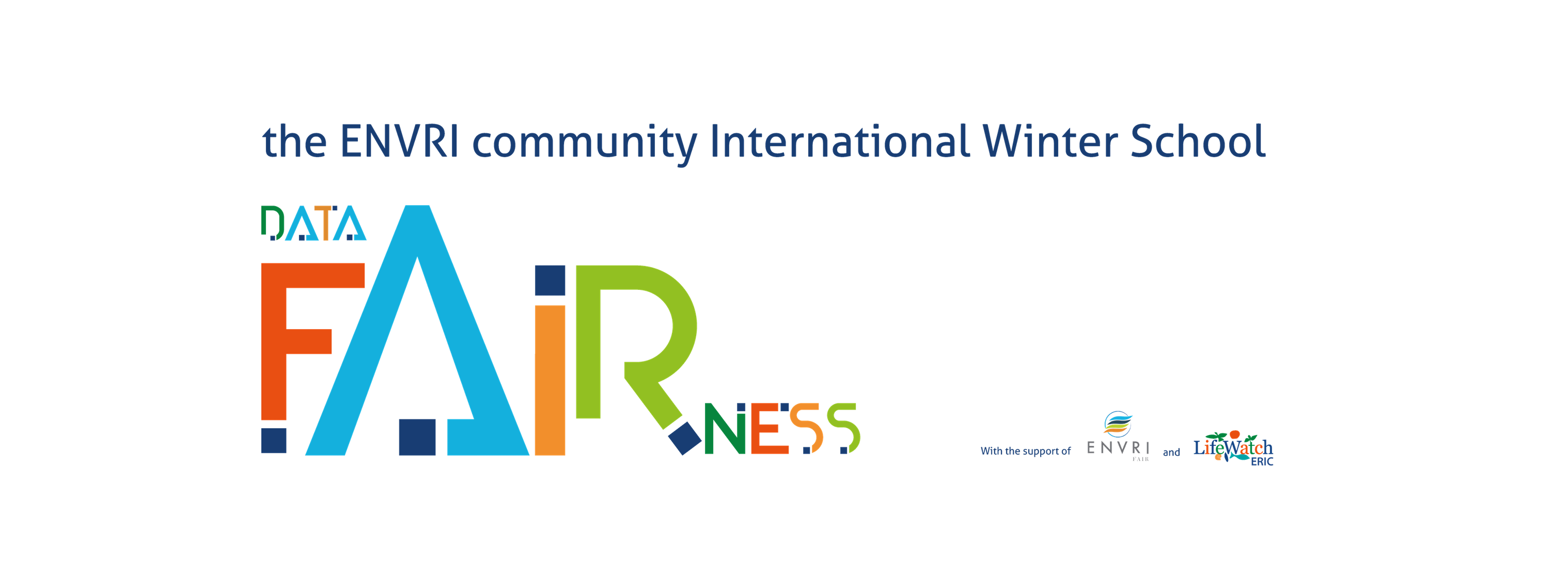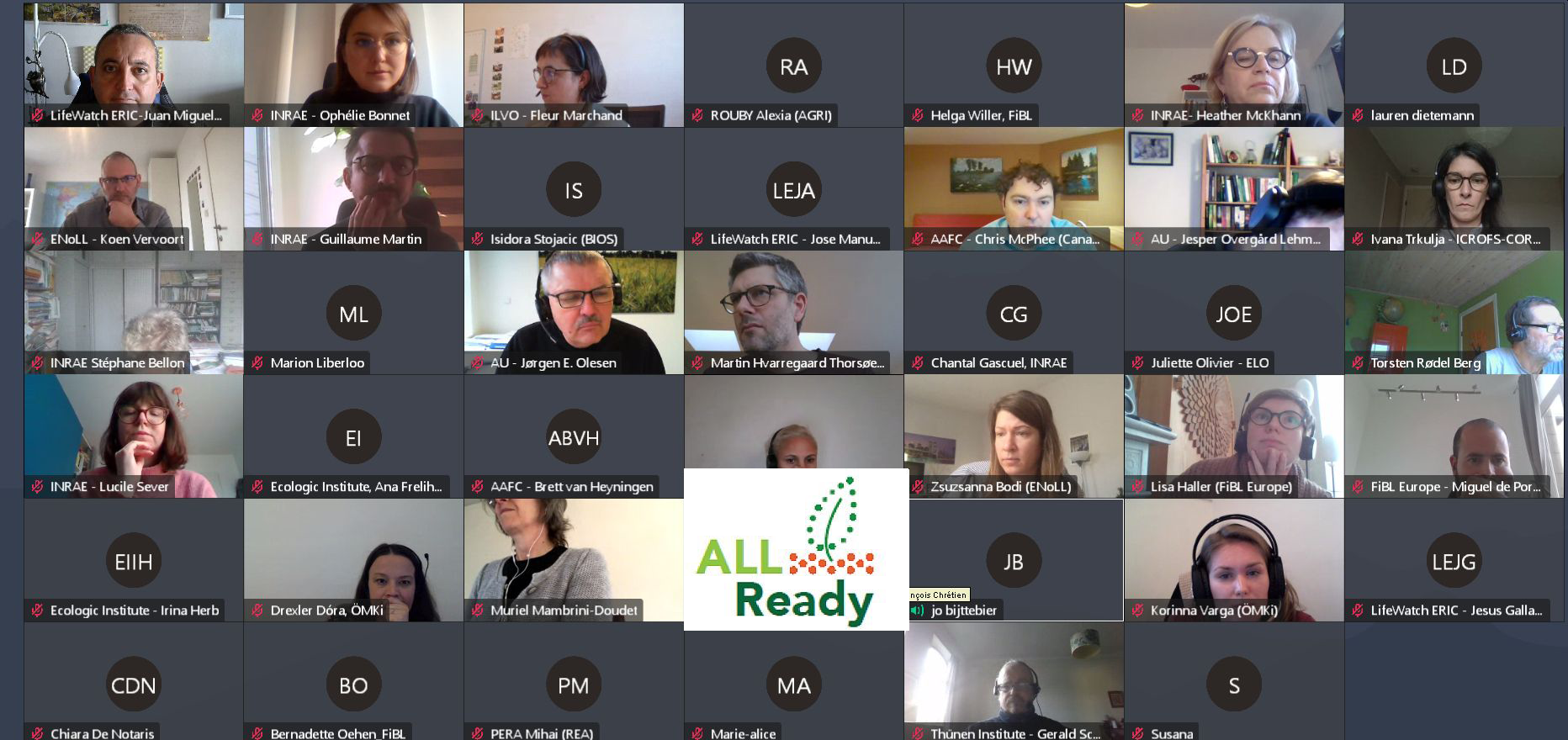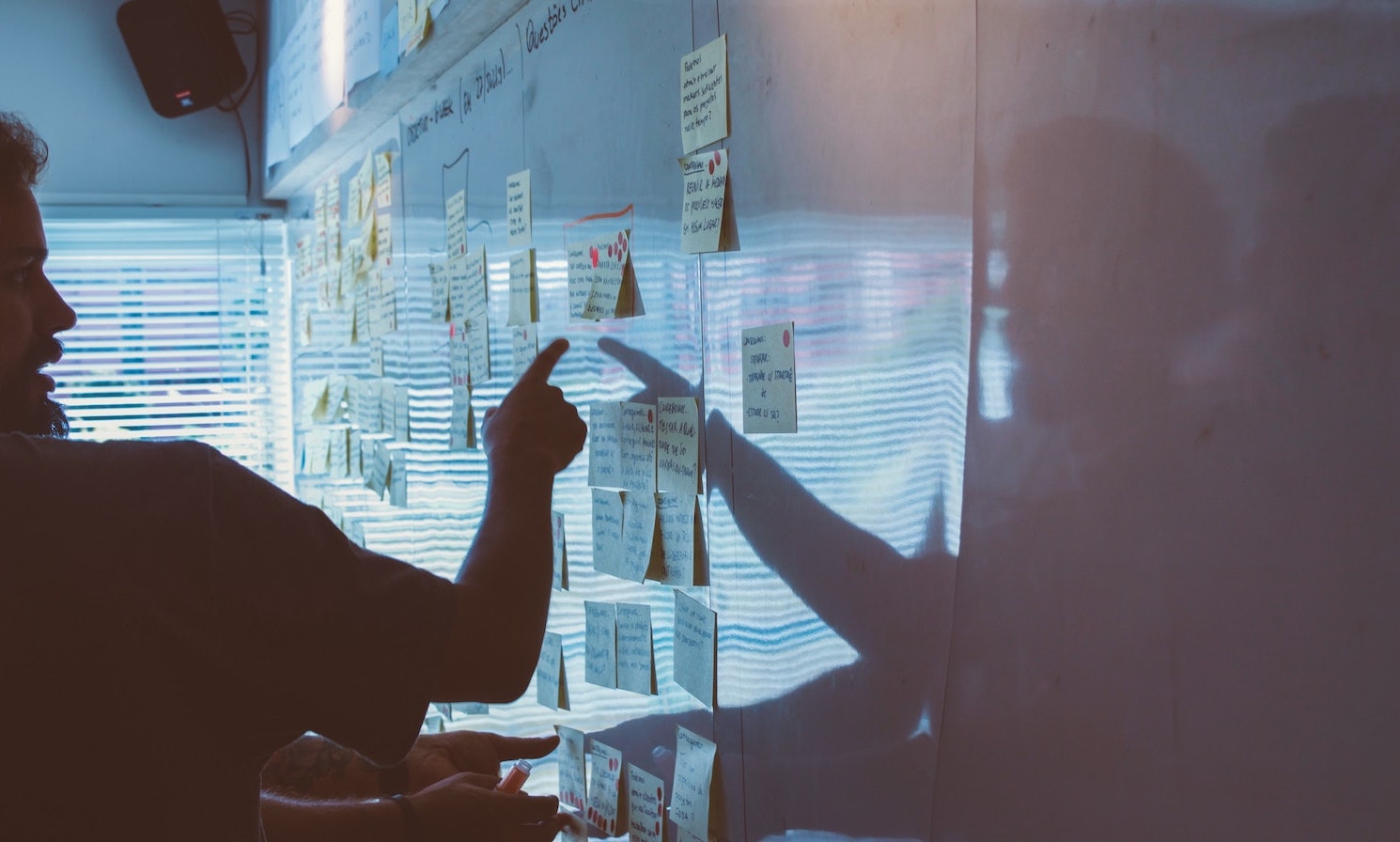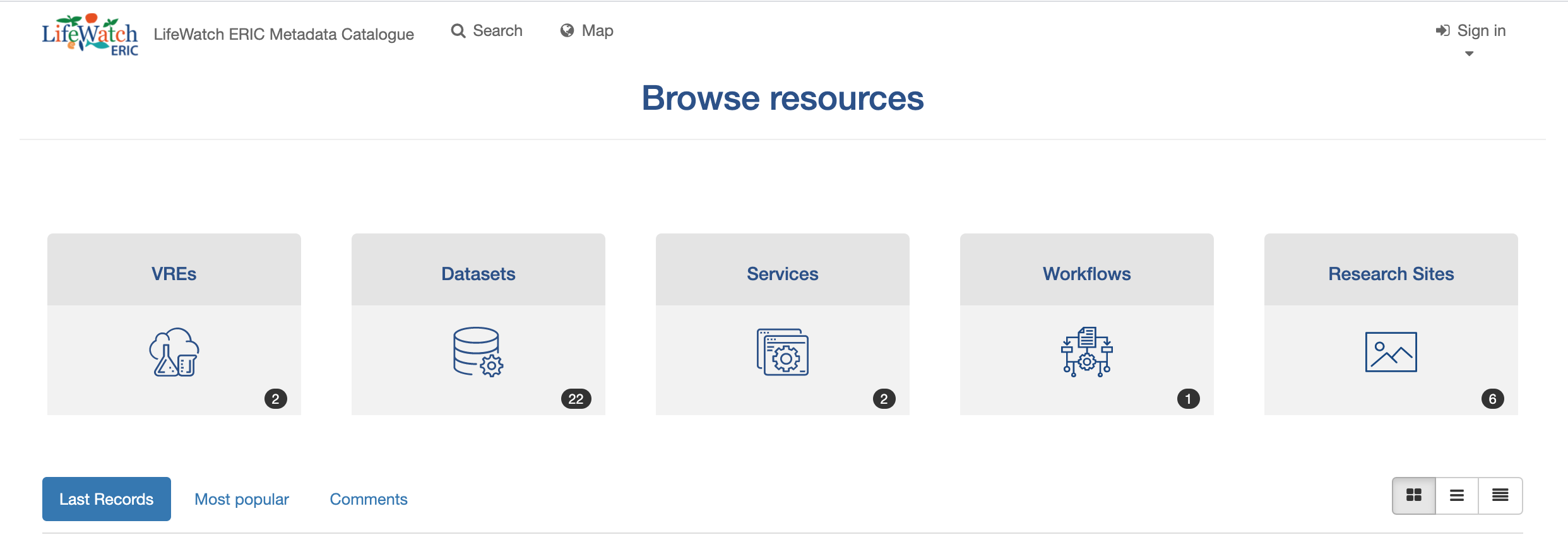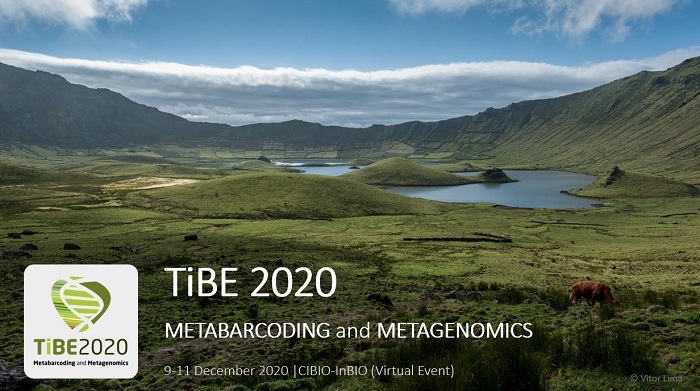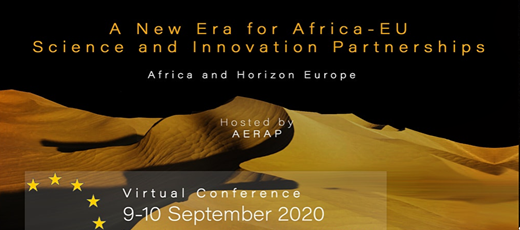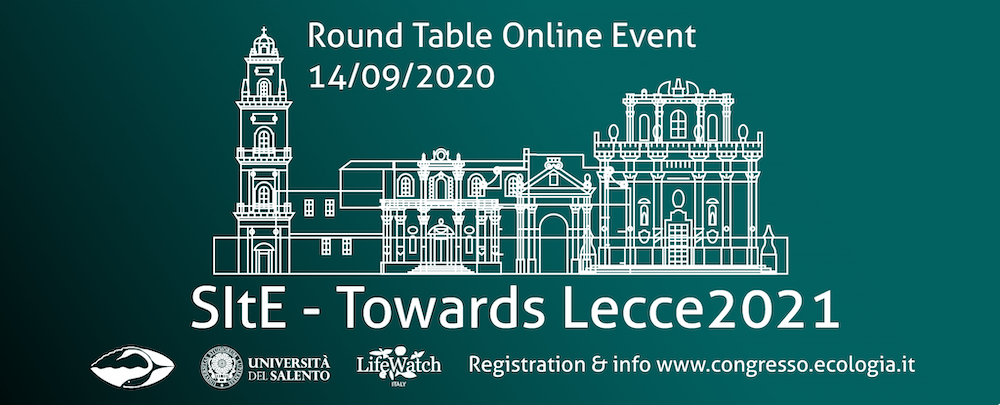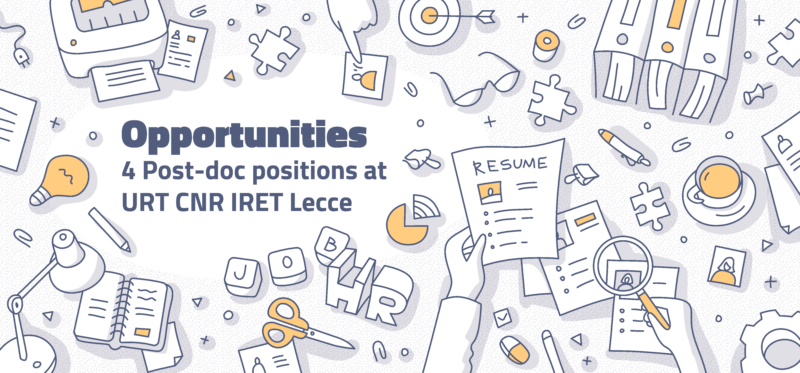The Castelporziano Presidential Estate, just outside Rome, Italy, is one of the three residences of the President of the Italian Republic. Dating from the fifth century, and declared a State Nature Reserve in 1999, the grounds at Castelporziano cover nearly 6000 hectares and are home to majestic oaks, laurel groves and free-roaming deer, foxes, badgers and wild boar.
The Estate has now made its biodiversity dataset of 6329 taxa accessible through the LifeWatch Italy data portal and the LifeWatch ERIC metadata catalogue. The dataset is the result of the “Systematisation and geospatial analysis of the environmental monitoring data of the Castelporziano Estate” project, funded by the National Academy of Sciences (known as the XL), under the scientific supervision of Prof. Alberto Basset (University of Salento) and Prof. Emilia Chiancone (President of the Academy of XL). In parallel a series of 4 serious games were designed to support citizens and students in discovering the Castelporziano Presidential Estate, its biodiversity and ecosystem richness, and to further disseminate the species checklist (Check the dedicated minisite).
The first phase of creating the dataset involved the digitization of two checklists relating to the species found on the Estate from 1885 to 2006, with the integration in 2013 for the Insecta class. Subsequently, a literature search was carried out regarding all the publications on Castelporziano biodiversity from 2006 to 2019 and the data obtained were integrated into the dataset. All the observation records have been validated by botanical experts, wildlife specialists and entomologists of the Technical Scientific Commission of Castelporziano – Professors Sandro Pignatti, Carlo Blasi, Paolo Audisio and Marco Apollonio, who also provided unpublished data that were integrated into the dataset.
In the second stage, the data standardization and care/maintenance procedures were carried out using the services made available by the LifeWatch Italy platform. The dataset has been structured according to the LifeWatch Italy Data Schema which is based on the Darwin Core standard and on controlled vocabularies. For the dataset, 23 fields were selected that include information of a geographical, taxonomic nature, of the conservation status of the species according to the IUCN Red List and the Habitats and Birds Directives, as well as the alien trait and bibliographic references.
The dataset was subsequently screened for digitization errors and duplicate values removed. A taxonomic check was performed using the LifeWatch ITA nomenclatural reference system (Global Name Architecture; GNA). The GNA uses as its main Taxonomic Authority File the names present in PESI (Pan European Species directories Infrastructure; www.eu-.‐nomen.eu/portal), and for supplementary and subordinate purposes, two other nomenclators: WoRMS (www.marinespecies.org ) and the Catalogue of Life (www.catalogueoflife.org).
At the end of the standardisation and validation procedures, the dataset obtained presents 6329 taxa of which 6117 are species, 3073 genera, 801 families, 242 orders, 72 classes, 28 phyla, and 6 kingdoms.
The best represented of the latter is the animal kingdom with 3488 species, of which 2922 belong to the Insecta class. 0.77% of the species surveyed, or 49 species, are classified as alien. As for the conservation status, 492 species are present in the red lists of the IUCN (7.8%), 44 (0.7%) in the Habitat Directive 92/43 / EEC and 98 (1.55%) in the Birds Directive 2009/409 / EC. Overall, this represents 10% of the species present on the Estate and in particular 40% of the sedentary or migratory avifauna in the area.
The dataset and its metadata are accessible through the LifeWatch Italy data portal and the LifeWatch ERIC metadata catalogue. The metadata is freely available, while access and use of the dataset is guaranteed by a Creative Commons Attribution-NonCommercial-ShareAlike 4.0 International license (“CC BY-NC-SA 4.0 International”).
